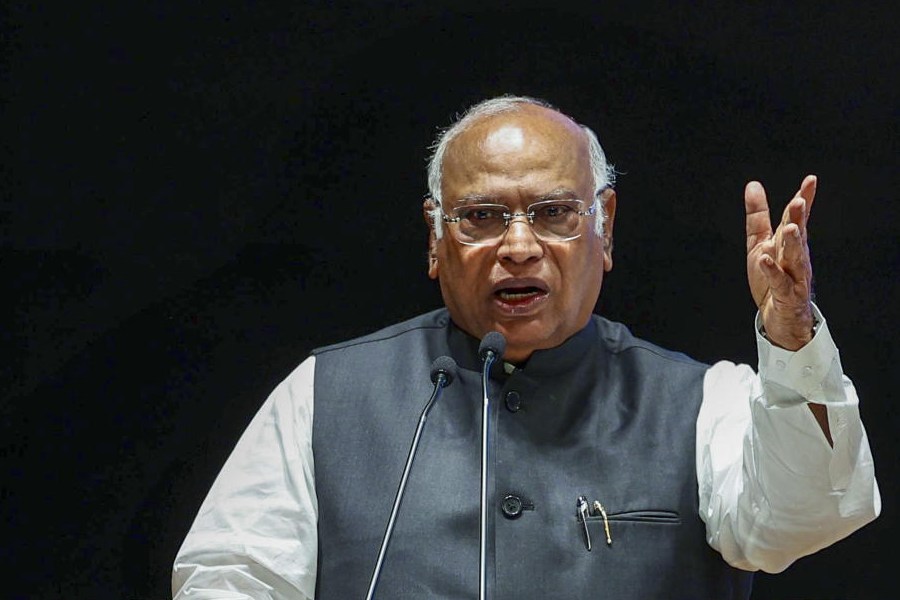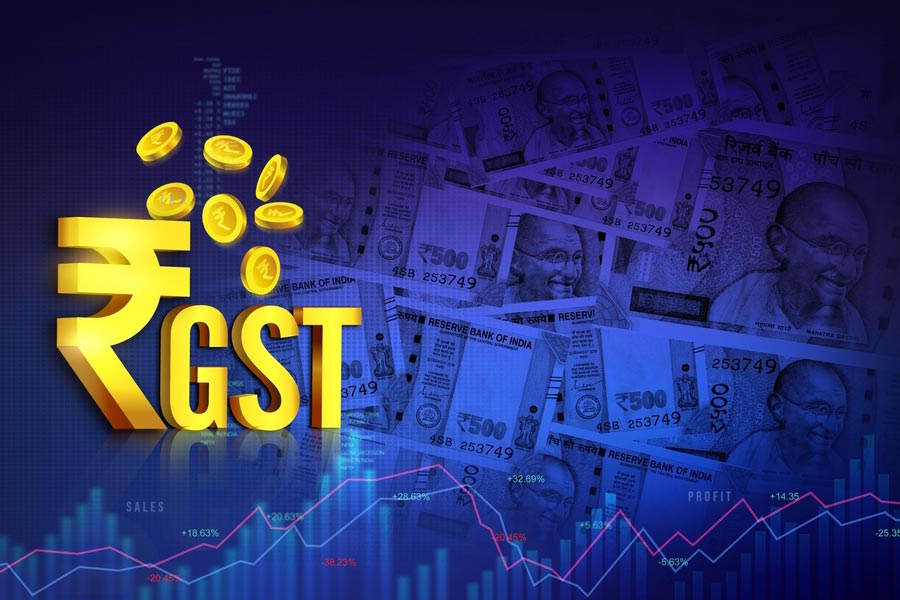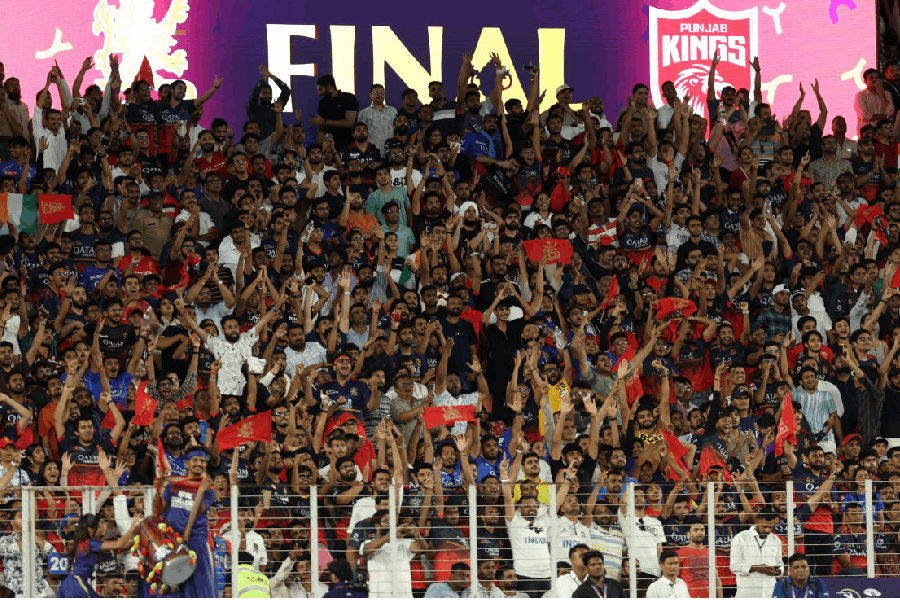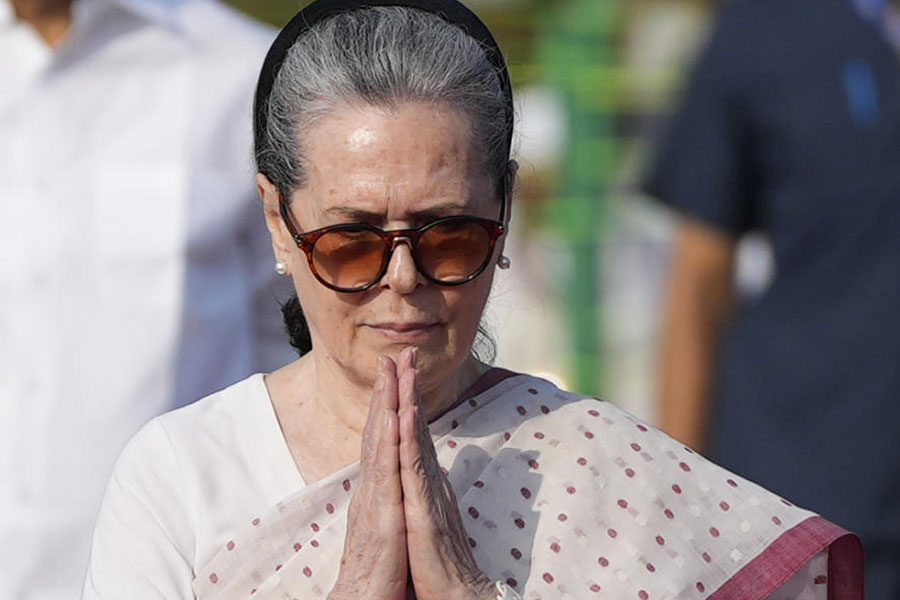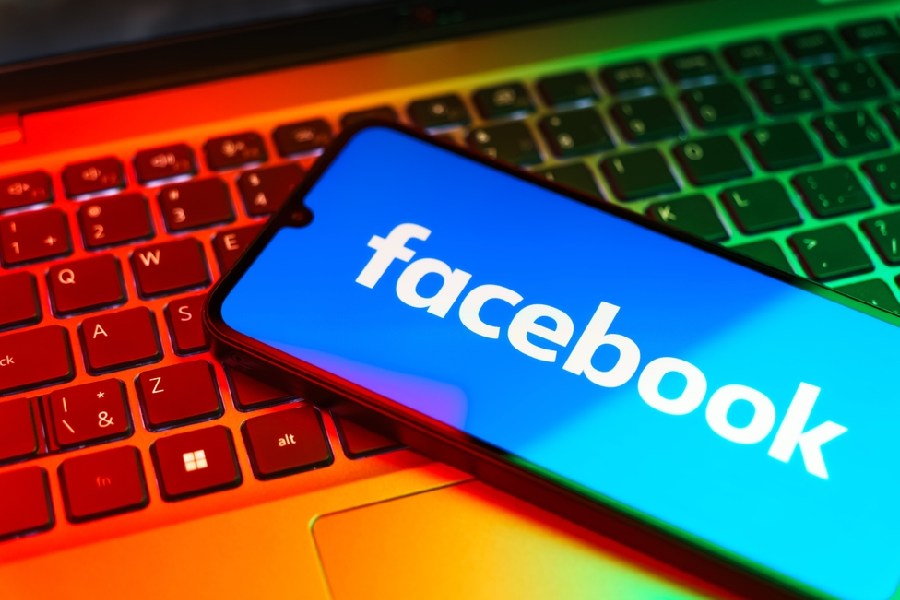Paris: It was a mere semi-final, and it was even relegated to first on the Friday schedule, which meant that the French love affair with the leisurely lunch guaranteed there would be plenty of empty seats at the Philippe Chatrier court when Rafael Nadal and Novak Djokovic walked on the red clay to renew the best rivalry in tennis.
But long before they finished chasing down each other’s bold strokes in the afternoon sunlight, it was clear that this match — the latest astonishing tennis match in a superrich era — was anything but an undercard.
The bout, a rematch of last year’s French Open final, required 4 hours 37 minutes, but Nadal, the seven-time French Open champion, prevailed, 6-4, 3-6, 6-1, 6-7 (3), 9-7, over Djokovic, the world’s No. 1 player.
The gruelling victory earned Nadal a chance to successfully defend his title Sunday against his fellow Spaniard David Ferrer, the fourth seed, who defeated Jo-Wilfried Tsonga of France, 6-1, 7-6 (3), 6-2.
Tsonga’s nationality — and the big French television audience that went along with it — explains why his match with Ferrer was scheduled second in the slot typically reserved for the main event.
But there was nothing minor in key about the operatic duel between Nadal and Djokovic, supreme athletes who symbolise this golden age’s ability to transition from defence to offence and back to defence in the matter of a few heartbeats.
Nadal, the 27-year-old from the Spanish island Majorca, has lost just one match in his long career at Roland Garros. That came against Robin Soderling of Sweden in the fourth round in 2009. After holding off Nadal at the end of the fourth set and leading by a service break and 4-3 in the fifth set, Djokovic appeared poised to give Soderling company and himself a chance to win the only Slam singles title he lacks.
But Nadal is one of the game’s great competitors and problem-solvers. Looking slightly fresher down the stretch, he broke Djokovic’s serve in the long, eventful eighth game of the final set to get back to 4-4, then kept his cool and belief until breaking Djokovic’s serve at love to win the match.
“It was an incredible match,” Nadal said. “To play against Novak is always something unusual. We push each other to the limit.”
Nadal has long been the prohibitive favourite at Roland Garros, the tournament he has dominated like no other man. But he recently missed seven months of action with a left knee problem and then illness. He was forced to miss the Olympics and the US Open last year and then the Australian Open, the first Grand Slam tournament this year, before returning to the circuit in Viña del Mar, Chile, in February.
Toni Nadal, Nadal’s uncle and longtime coach, said he would never have imagined then that his nephew could be back in the French Open final. “I know that this is very, very difficult for us to be here in the final when we have had so many problems,” Toni said.
Asked at one stage if he considered it a miracle, Toni broke down in tears, halted the interview and retreated down the stairs leading to the main player locker room at Roland Garros.
He said Rafael had also broken down in tears when they met after the match. “Yes, Rafael was very, very emotional,” Toni said.
But in truth, the doubts about Rafael Nadal’s competitiveness were resolved months ago. Since his return to the circuit, he has won six of eight tournaments, but he did lose to Djokovic in their only match during that span before Friday. That loss came on red clay in April in the final at Monte Carlo, another tournament that Nadal has dominated through the years. But despite all his ability and all his motivation, the top-seeded Djokovic could not knock the third-seeded Nadal off his perch in Paris. “It’s been an unbelievable match to be a part of, but all I can feel now is disappointment; that’s it,” Djokovic said. “I congratulate my opponent because he showed the courage in the right moments and went for his shots and, you know, when he was a break down in the fifth, he made some incredible shots from the baseline.
“I congratulate him because that’s why he’s a champion. That’s why he’s been ruling Roland Garros for many years, and for me it’s another year.”
Nadal now leads, 20-15, in their head-to-head rivalry, but Djokovic won their most memorable match: the 2012 Australian Open final, which went five sets, lasted 5 hours 53 minutes and left both men unable to stand at the awards ceremony.
Friday’s match, in part because of the lopsided third set, never threatened the five-hour mark. But it was still unquestionably epic. “I gave my best; I really did,” Djokovic said. “I really tried to come back. The third set wasn’t great at all. I just dropped physically. He used it.”





